NYK Line, JMU and ClassNK partner to commercialize ammonia-fueled ammonia gas carrier
Green Car Congress
AUGUST 14, 2020
In particular, a significant reduction in CO 2 emissions is expected to be achieved by replacing coal and natural gas as the main fuels for power generation. These technologies are aimed at generating electricity by co-firing ammonia at coal-fired power stations. Ammonia floating storage and regasification barge (A-FSRB).




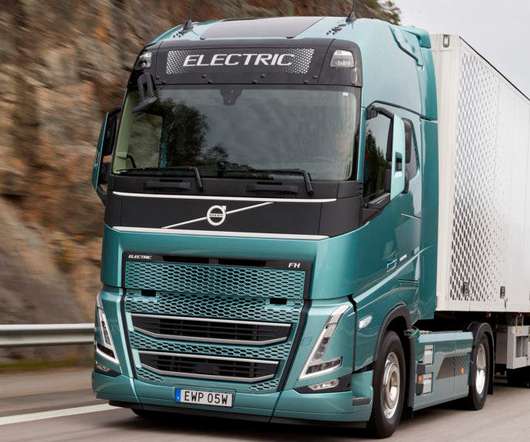

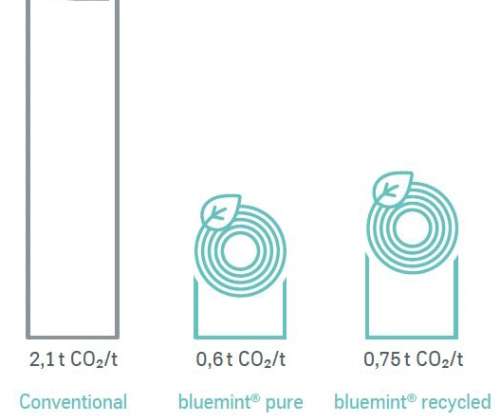

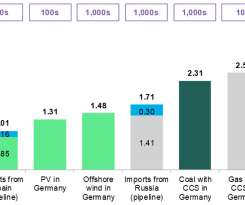







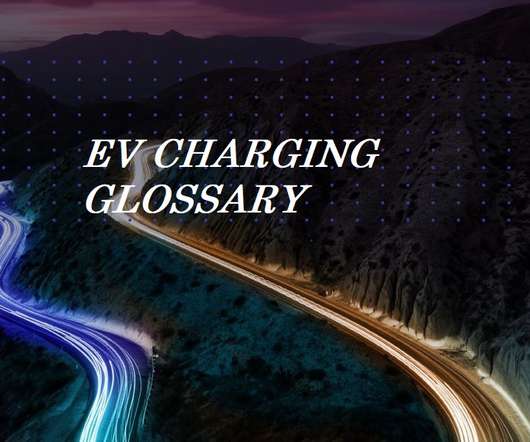




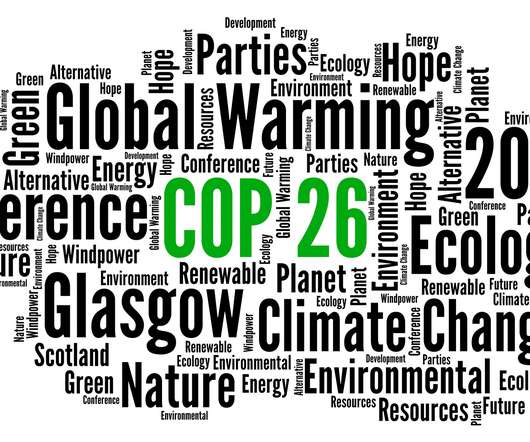






















Let's personalize your content